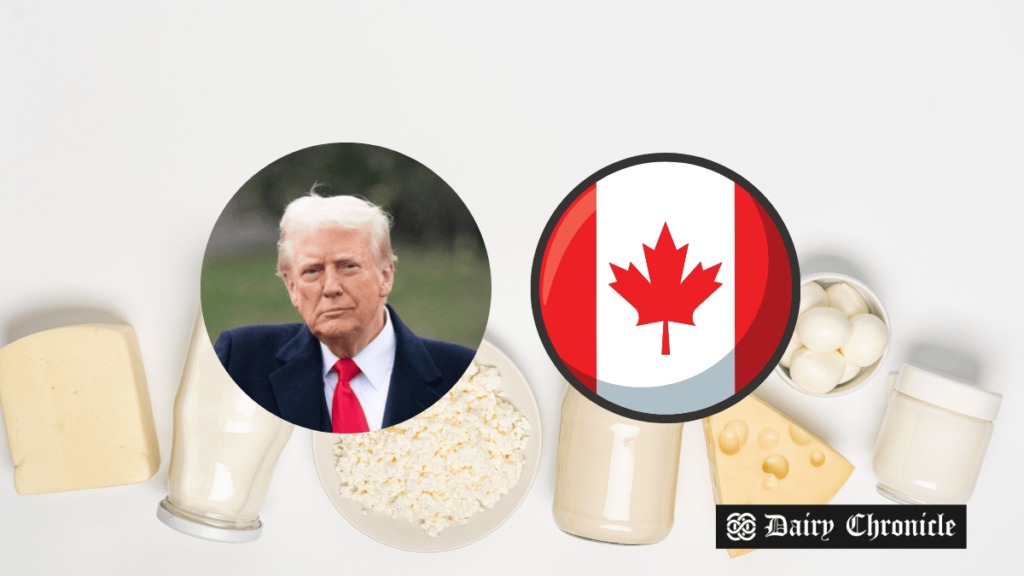US President Donald Trump has criticized Canada’s dairy tariffs, claiming they have increased under his predecessor, Joe Biden. However, official records and industry reports confirm that the tariffs remain unchanged since the United States-Mexico-Canada Agreement (USMCA) was signed in 2018 under Trump. The real issue lies in trade quotas and administrative barriers affecting US dairy exports.
US President Donald Trump has reignited criticism over Canada’s dairy tariffs, stating on March 8, 2025, that the Canadian government had increased these tariffs under former President Joe Biden’s administration. However, official Canadian trade records and industry reports confirm that Canada’s dairy tariffs remain unchanged since the signing of the United States-Mexico-Canada Agreement (USMCA) in 2018—a deal Trump himself negotiated and promoted as the “best trade deal ever made.”
Canada’s dairy industry operates under a supply management system that limits imports through strict quotas and high tariffs on excess imports. Under the USMCA, Canada agreed to tariff-free dairy quotas for the US, but tariffs for imports beyond these quotas remain high—similar to the US’s own dairy import policies.
According to trade data from the Canadian government and statements from agricultural trade experts, US dairy exports to Canada have not reached the zero-tariff quota limits in any category. In many cases, exports remain below 50% of the allowed limit. Al Mussell, a senior research fellow at the Canadian Agri-Food Policy Institute, stated that “in practice, these tariffs are not actually paid by anyone” since US exports haven’t exceeded the negotiated quotas.
Trump’s remarks also included a false claim that his administration had resolved the issue before leaving office, only for Biden to allow the tariffs to increase. However, tariff rates on dairy products such as butter (298.5%) and cheddar cheese (245.5%) have remained the same since before USMCA was implemented.
Becky Rasdall Vargas, Senior Vice President of Trade and Workforce Policy at the International Dairy Foods Association, pointed out that the main issue is not tariffs but rather Canada’s restrictive administrative practices that make it difficult for US exporters to meet the full quota. While Canada agreed to allocate specific dairy import quotas for the US, American industry leaders argue that Canada has been setting regulatory barriers that prevent exporters from reaching these limits.
Despite Trump’s allegations, Canada remains one of the largest markets for US agricultural exports, purchasing approximately $28.4 billion worth of US agricultural products in 2024, including $1.1 billion in dairy. The US Department of Agriculture also notes that nearly all US agricultural exports to Canada, except for dairy, eggs, and poultry, enter without tariffs or quotas.
Trump has vowed to impose reciprocal tariffs on Canada starting April 2, 2025, as part of a broader trade retaliation policy. However, trade experts believe such measures could trigger retaliatory actions from Canada, further complicating US-Canada trade relations.



